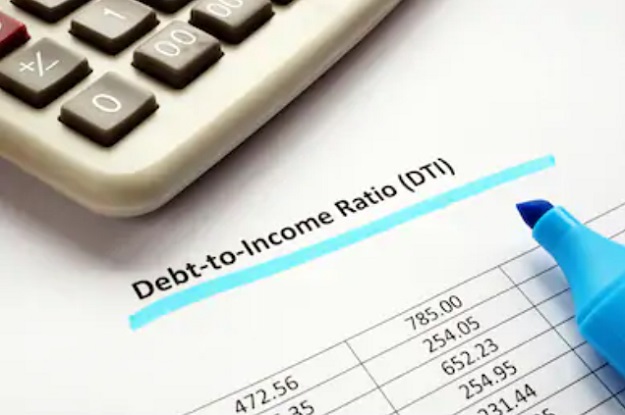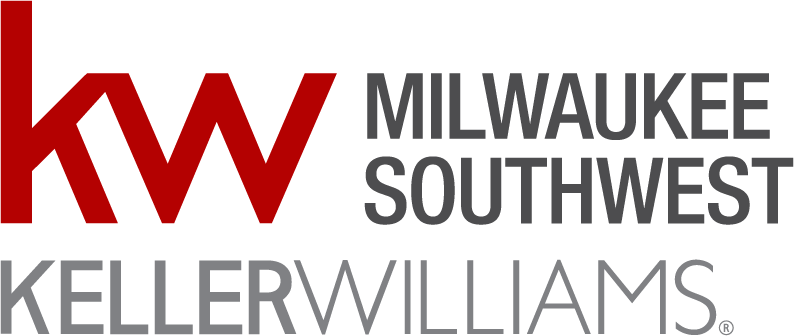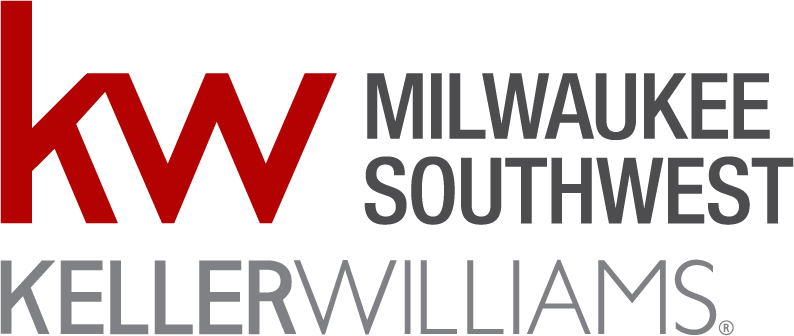When you’re ready to take the exciting leap and buy your first house, you’re likely going to need to obtain a home mortgage loan.
A home mortgage loan is when a financial institution loans you the money to purchase your house, and then you make your house payments to that financial institution.
There are requirements, though, for you to qualify, and some things you should know before diving into the process.
Here are the basics of a home mortgage loan.
Your Down Payment
Most banks require the buyer to invest a 20 percent deposit, and the lender puts up the other 80 percent. So if you’re shopping for a house priced at $300,000, your deposit will be $60,000.
There are some specific loans and programs like FHA loans, VA loans, and first-time buyer programs that may be able to lower or eliminate your closing costs if you qualify.

Your Credit Report and Score
Before you can be approved for a home mortgage loan, the lender will order a copy of your credit report.The lender is using your credit report to see how much debt you have and how well you’ve made your payments.
Get a copy of your own credit report before you apply. If there are any outstanding balances, pay them. If you have any accounts in collections, those need to be rectified.
Your credit report has to be clean with a score of no less than 620. However, if you’ve got a pristine report with a score of 740 or higher, you may qualify for lower interest rates. It’s critical that you do not finance anything leading into your home loan application.
If your credit score is still squeezed when you’re ready to buy, you may be able to enlist the help of a co-signer. A co-signer, usually a family member, allows you to “borrow” their credit. The caveat is that if you falter on your payments, your co-signer becomes responsible. It’s risky, but it can be done.
Your Debt-to-Income Ratio
The next item a lender will look at before approving you for a home mortgage is your debt-to-income ratio, otherwise known as a DTI.
Your DTI is your accumulative monthly debt divided by your gross income. A qualifying debt-to-income ratio should be no more than 43 percent, but 36 percent or lower is best.
If your DTI is too high, pay down some of your debts.

Don’t Change Jobs!
Lenders also want to see strong work history. It’s best if you can show a work history of two years or more, which indicates job security and stability.
If you change jobs, especially if you change them multiple times, you may find it difficult to get approved.
Get Your Documents in Order
Be prepared to provide documentation for every account you have, including credit accounts, bank accounts, investments, paystubs, tax returns, student loans, and more.
The longer it takes you to get the appropriate documents in order, the more time it takes to get approved, which delays your home buying process.
Closing Costs and Home Mortgage Lenders
Each lender has different interest rates and terms, so it’s a good idea to research lenders before you apply.
“Closing Costs” is a term that envelops all of the charges associated with your transaction – from lender fees to appraisals and inspections, escrow agents, courier fees, attorney fees, and more.
Closing costs usually run between two and five percent of the purchase price of the house. So, if you’re buying a $300,000 house and estimate on the high side, you can anticipate roughly $15,000 in closing costs.

Closing costs are typically separate from your home mortgage loan, meaning you’ll pay those fees out-of-pocket on the day of closing.
When you are approved for a home mortgage loan, your lender provides you with an estimate of closing costs. Then, three days before closing, you’ll receive a Lending Disclosure, which is a statement of actual closing costs.
By shopping lenders and comparing interest rates, you could save substantial amounts of money over the lifespan of your loan, which is usually 30 years.
Fixed-Rate or Variable Rate
You have the option of having a fixed interest rate, which means it stays the same over the lifetime of your loan. Or, you can choose a variable interest rate that increases over time.
For a fixed interest rate, you pay a higher rate, but with the security of knowing your payments won’t change.
With a variable rate, you can start your loan with lower payments due to lower rates, but you can rest assured that in increments, your payments will increase.
Search Homes for Sale | Franklin
Additional Lender Requirements
Your lender requires that you have homeowners insurance on your house. Those first several payments are most often figured into your closing costs, then held in an escrow account, which is like a savings account that you can’t draw on.
Each month, when you make your mortgage payment, you’ll pay into that escrow account. When those homeowner’s insurance payments are due, the lender pays them on your behalf.

The same may be true for property taxes. In certain locations, your lender may also require you to have other types of homeowners insurance, such as flood insurance.
Another kind of insurance you may have to pay is private mortgage insurance or PMI. Private mortgage insurance protects the lender if you default on your payments.
The lender then requires that you have the house you’re buying appraised, inspected, and possibly surveyed. You won’t pay those service providers directly because those fees are already included in your closing costs.
Furthermore, you’ll have to pay for (and wait for) a title check to make sure that the house you’re buying can legally be sold.
Your Real Estate Agent is Your Ally
If you happen to connect with a real estate agent before you begin the home mortgage application process, you have an advantage.
Most real estate agents have excellent relationships with lenders and other service providers you’ll need throughout your transaction. Your agent may also be able to advise you on what programs may be available to assist with down payments or closing costs.
Your agent might also be able to connect you with service providers like appraisers, inspectors, and surveyors.
Conclusion
Home mortgage loan applications are complicated, lengthy, and expensive.
Before you start applying for home loans, make sure you’ve got your money in order – including down payment, earnest money deposit, closing costs, and a nest egg so that you’re not house poor.
Get your credit score up to 620 or higher, and your debt-to-income ratio at 43 percent or lower.
Prepare documentation in advance, so you’re organized and ready to move forward without delay.
Shop lenders so you know you’re getting the best interest rates and terms.
Decide if you want a fixed interest at a higher rate, or variable interest that starts lower and inflates over time.
Ask your trusted real estate agent for more advice, tips, tricks, and things to know about applying for a home mortgage loan.
Have Questions? Ask Us!
Keller Williams Realty – Milwaukee Southwest is the best source of information about the local community and real estate topics. Give us a call today at (262) 599-8980 to learn more about local areas, discuss selling a house, or tour available homes for sale.





